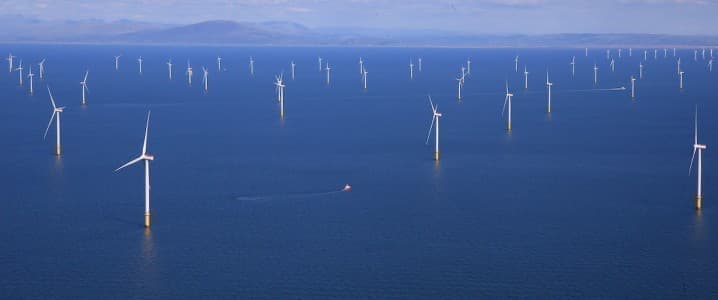It seems pretty clearly that our investment horizons are different at least to me. And I haven't seen you articulate the investment horizons that you think in terms of. Do you consider buy and hold Peabody over 2 years to be a good idea or not? Even better - do you buy and hold anything for 2+ years? Nothing magic in the 2 years, and its completely reasonable to be trading in and out of stuff such that 2 years is an impossibly long time to own something. Lots of people making lots of money with shorter holding periods. (I chose 2 years from the availability of 2 year puts and calls).
The rest of this conversation is around the idea of a 2+, and mostly (at least in my case), 5+ year holding periods. Definitely not (again in my case) anything to do with trading in and out on a weekly, monthly, or even quarterly basis.
I continue to agree with one of the points you've made several times - the world is going to be burning a lot of coal and oil for a long time to come. The unit demand will continue to be high. As Elon put it not so long back - if there was a big red button he could press that stop burning of fossil fuels completely in the whole world, he wouldn't press it. The effect would be disastrous. Like collapse back towards the stone age and stone age populations disastrous (well - somewhere far back in human civilization).
The split in thinking that some are starting to make though, is that unit demand and even unit price, don't lead to the same company market cap. Coal unit demand, and maybe even unit price, are still high. Not as high as 2007 but still high (at least in the US, more than 1/2 and less than 3/4 of demand today than then). But the company's are 1/2 to 3/4 as valuable. They're worthless today compared to what they were then (worthless is an approximation - the 2007 share holders have been wiped out, and bondholders hurt pretty badly as they were turned into shareholders).
Or when you say "chucking at the idea that coal is uninvestable", are you seeing an opportunity for a 5+ year investment with solid returns? Time frames - what time frames are you talking about? I sense that we're talking past each other, simply because we have different timeframes we think in terms of.





/cloudfront-us-east-2.images.arcpublishing.com/reuters/KFNZ2LFYWJPBHOAXSRQDVBNCJU.jpg)



